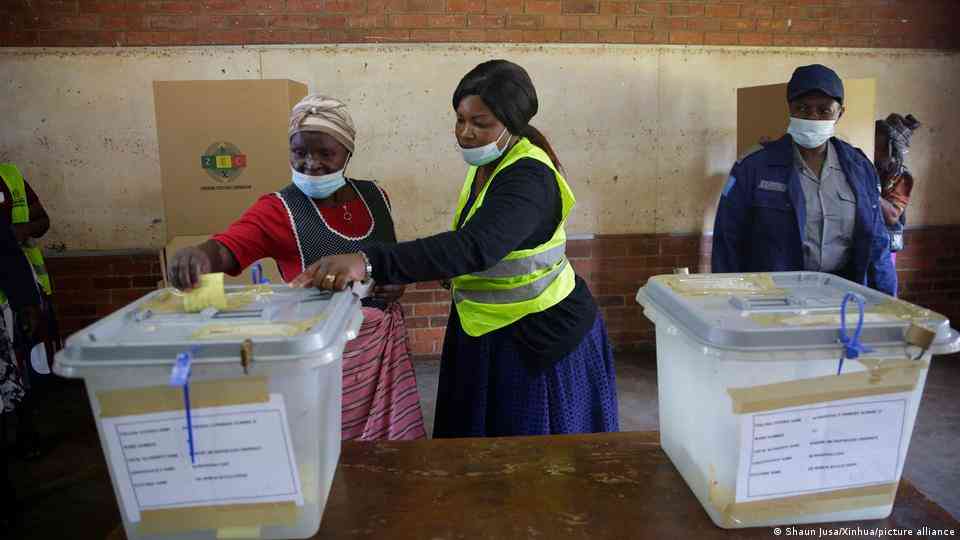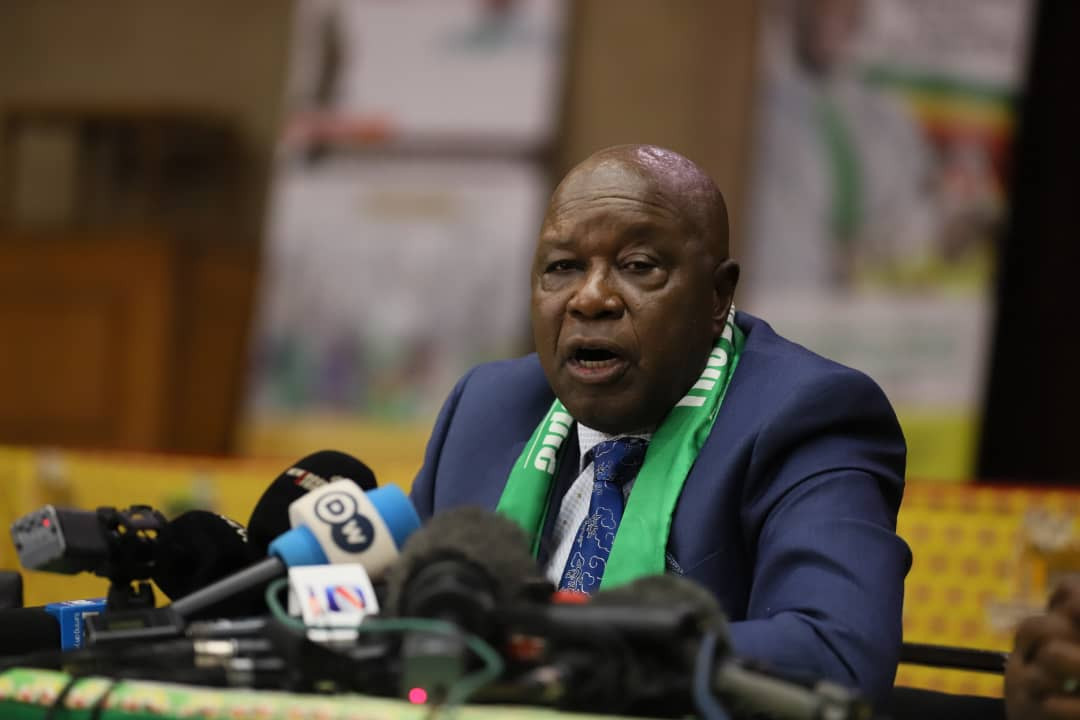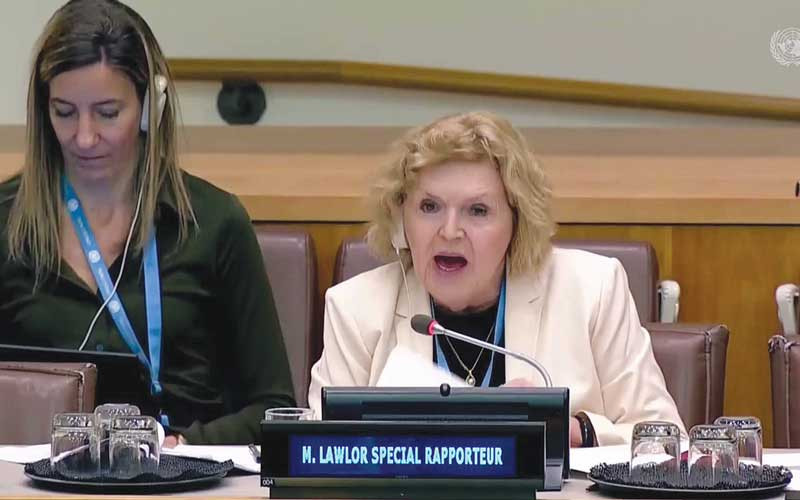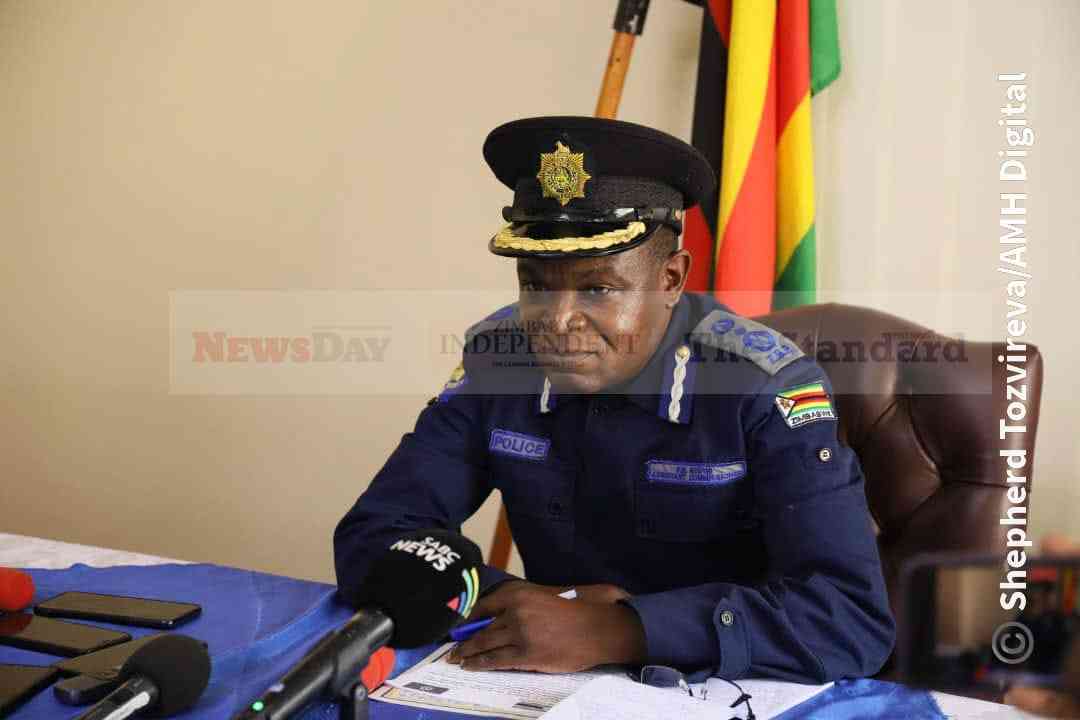
Election watchdog, the Zimbabwe Election Support Network (Zesn), has expressed concern over the absence of key political, legal and administrative electoral reforms ahead of the harmonised elections tomorrow.
In its pre-election statement released yesterday, Zesn also noted the Zimbabwe Electoral Commission’s pre-election conduct, which included the way it conducted the delimitation exercise, withheld the voter roll, and gazetted electoral regulations after proclamation of the polls date, among other issues.
Zesn, however, commended the government for implementing some electoral reforms, which include the ratification of the African Charter on Democracy, Governance and Elections (ACDEG) in 2022, the population census done to pave the way for the delimitation, the introduction of the youth quota in Parliament, and the extension of the women’s quota by another 10 years.
“Zesn remains concerned that the 2023 plebiscite is going to be held without the institution of key political, legal, and administrative electoral reforms. In the 2018 harmonised elections, local, regional, and international observers proffered a plethora of recommendations meant to improve the management and conduct of elections,” the watchdog said.
“Some of these outstanding reforms include the domestication of the ACDEG, the need to create a conducive electoral environment that will see the effective participation of citizens without fear, availing of the voters roll to key electoral stakeholders on time, the need for tactile ballot papers to ensure secrecy of the vote for persons with visual impairment, enhanced transparency and accountability in all key electoral processes (voter registration, delimitation, printing of ballot papers, among others), and review of the accreditation committee and process.”
It also accused Zec of failing to publish a polling station list with the numbers of registered voters at each polling station in time to allow political parties and observer groups to plan their deployments in advance.
“In line with open data policies, Zec must be more transparent and accountable, continuously engage with stakeholders, and publish timely key electoral documents such the voters roll and list of polling stations,” the watchdog said.
Zesn said there was need to remove accreditation fees for domestic observers and to ensure punitive measures are put in place to address the issue of violence against women in elections.
- Mavhunga puts DeMbare into Chibuku quarterfinals
- Bulls to charge into Zimbabwe gold stocks
- Ndiraya concerned as goals dry up
- Letters: How solar power is transforming African farms
Keep Reading
“By not implementing the above-recommended reforms, Zimbabwe has lost an opportunity of enhancing its electoral integrity and alignment of its laws with the ACDEG and the revised Sadc Principles and Guidelines Governing Democratic Elections,” it said.
It also alleged selective application of the Maintenance of Peace and Order Act by the law enforcement agents and lamented that the passing of the Criminal Law (Codification and Reform) Bill, Cybersecurity and Data Protection Bill affected the operations of civil society organisations
“This has had a negative impact on CSOs’ programming and inducing fear leading to self-censorship, thus limiting the extent to which CSOs can meaningfully complement efforts of Zec and other agencies,” Zesn said.











